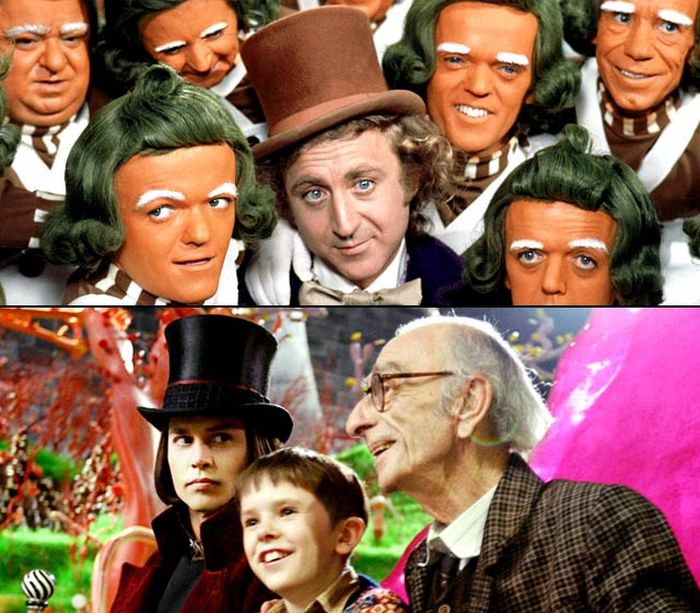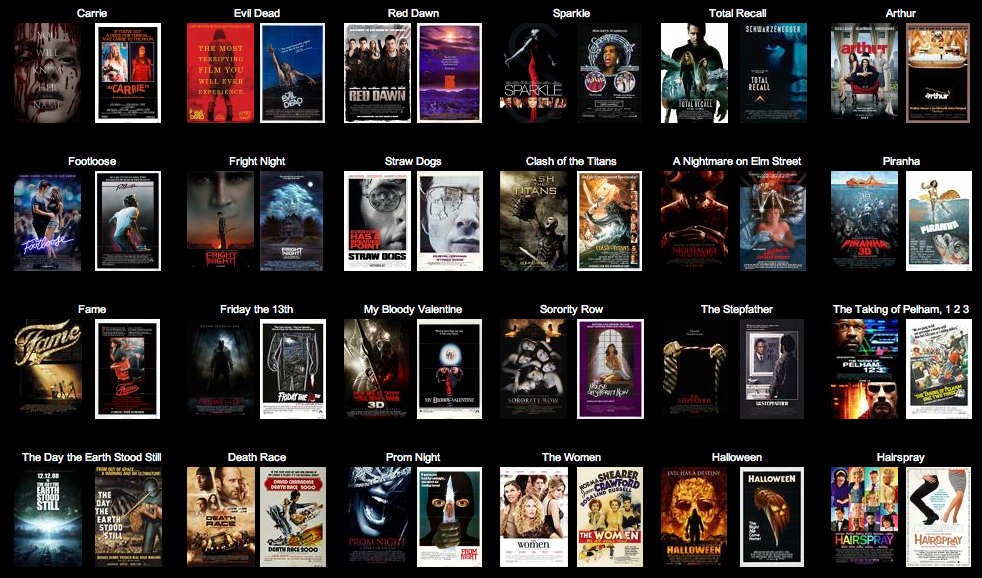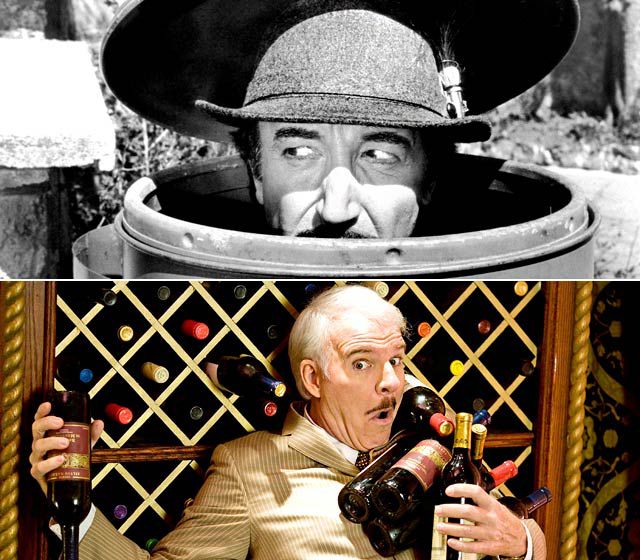
In the remake a story teller tells a story that the audience likes but they don’t want a sequel to it, they don’t like it until they see or hear it again later, or there are a lot of sequels and prequels told and the audience is tired of them. Anyway the story is still popular, but it’s too outdated, close ended, or confused in some way to continue. So instead the story teller, or maybe another story teller who has permission from the right people, decides to tell the original story again but with slight changes to try and give it a greater appeal. After all the audience loved the story the first time so making it again with more modern sensibilities only makes sense. Maybe the first time the story was told there were elements that the story teller didn’t expect to be popular that were, and now they can highlight those elements. Maybe there was something the audience read into the story that the story teller didn’t see; now they can be intentional about it. Perhaps there were parts of the story that came off really dated and don't make sense to the modern audiences; now no one need be confused by such things. It’s going to be like the original story took steroids; it’s gonna be crazy!

However most of the public seems to have decided that movie remakes are a very bad idea. It is easy to understand why. After all the reason that the movie is being remade is because it was popular in the first place. When some people see the differences that the story teller made to a story that meant a lot to them, they can get upset because to them it seems as if the heart of the story, the part that they related to so strongly, has been removed. It is an almost irrational feeling of possessiveness that some people (including myself) can have toward their favorite movies. We have movies that we watch when we’re sad, when we’re happy, when we’re hungry. We have movies that remind us of things, people, places, even feelings. These stories become a part of who we are. Then someone decides to tell that story again, but differently than we remember. We get angry. “They ruined it!” we often exclaim. Now of course the original story that we love will always be there, and the story teller doesn’t want to take that away. They just want to tell a popular story again for a new audience. But for some reason fans continue to see remakes as personal attacks, or insults.



 RSS Feed
RSS Feed
